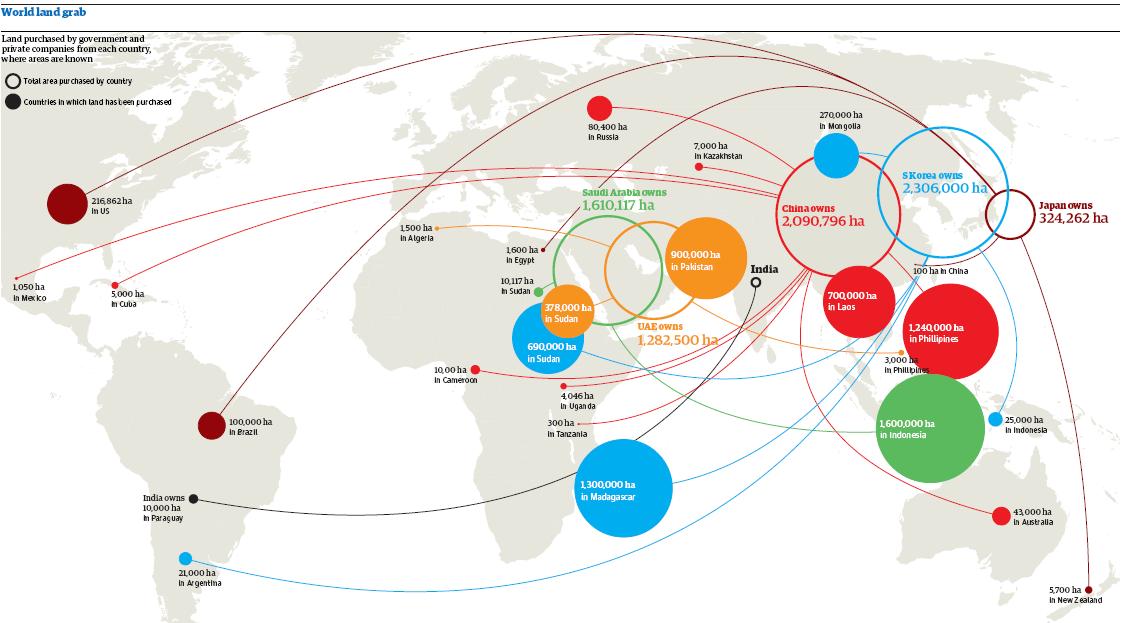
Home | Happy Planet Index
This blog has been created, by Mr O'Callaghan to share Geography online resources and websites with the Geography students of Kingdown Community School Warminster Wiltshire.
A new online tool puts the power of information in the hands of anyone who's interested, and turns data into animation.
Video availabe from the BBC here


Costa Rica is the greenest and happiest country on the planet, according to the rankings developed by think tank the New Economics Foundation, followed by the Dominican Republic and Jamaica.
The UK comes in at 74 out of 143 countries behind post-Soviet Georgia at 72, the military dictatorship Burma at 39 and Sri Lanka, which has been scarred by civil war, at 22.
The highest ranking country in the EU was the Netherlands at 43 followed by France at 71 and Germany at 51.
The United States, was ranked at 114, Canada at 89 and Australia at 102. Zimbabwe and other poor African nations, where life expectancy and happiness is low, came bottom of the table.
Economists said the richer countries came lower in the ranking because of the high carbon footprint of the population, measured by looking at how much of the world's resources people consume per capita.
Levels of life satisfaction, calculated from a worldwide poll, were also not necessarily high in rich countries where violence and inequality continue to be a problem.
In the UK the low ranking was largely due to social problems or what has been labelled "broken Britain" and the high carbon footprint of most of the population.
If everyone in the world wanted to live as people do in the UK, it would require the resources of more than three earths.
Nick Marks, who devised the rankings, said that there are still high levels of inequality in the UK as well as community breakdown and unhealthy lifestyles.
"There are a lot of people who are unhappy particularly at the lower income end of the spectrum but it is not only financial inequality, it is the longer working week, a lack of social cohesion through a sense of belonginess to the community or the geographic area, indebtedness, low levels of volunteering and more passive lifestyles," he said.
He urged politicians to pay more attention to life satisfaction over GDP.
"The big message of these rankings is that we have to produce a system that makes people happier without costing the earth," he said.
A concerted programme of action in response to climate change is being pursued across the Government, led by DECC and Defra.
Starting with the publication by Defra of the latest UK Climate Projections, Ministers will this summer set out the building blocks of a ‘five point plan’ designed both to reduce emissions at home and abroad and to protect and prepare for the changes that are already inevitable.

The British public could invest their savings in the UK's renewable energy revolution and reap the financial rewards of helping to save the planet, under ambitious plans to be discussed this weekend.The Public Interest Research Centre, a thinktank based in Wales, says the government could sell "energy bonds" to pay for the required investment. The scheme would be similar to war bonds, which galvanised financial support in Britain during the second world war.
The idea is one of 20 radical solutions to the threat of global warming to be proposed during presentations this weekend in Manchester. The event, organised by the Guardian and the Manchester International festival, will publish a report on the ideas, which will be distributed ahead of key UN talks on a new climate treaty in Copenhagen in December.
6 climate plans1 . Methanol 2. Algal Fuels 3. Ocean cloud seeding 4. Bio char 5.Global population control 6. Energy Bonds

The acquisition of farmland from the world's poor by rich countries and international corporations is accelerating at an alarming rate, with an area half the size of Europe's farmland targeted in the last six months, reports from UN officials and agriculture experts say.
New reports from the UN and analysts in India, Washington and London estimate that at least 30m hectares is being acquired to grow food for countries such as China and the Gulf states who cannot produce enough for their populations. According to the UN, the trend is accelerating and could severely impair the ability of poor countries to feed themselves
Fears for the world's poor countries as the rich grab land to grow food | Environment | The Guardian